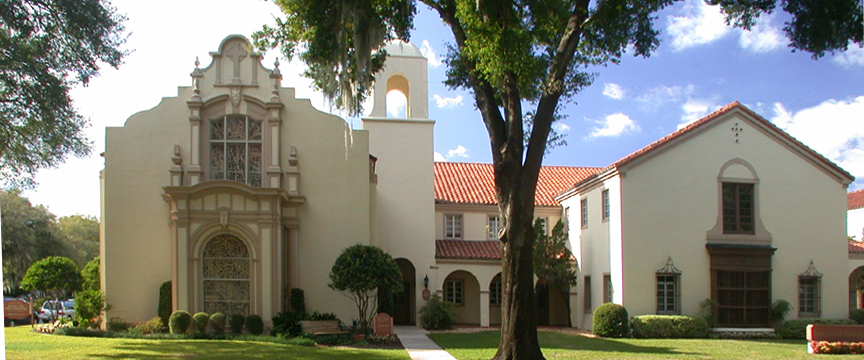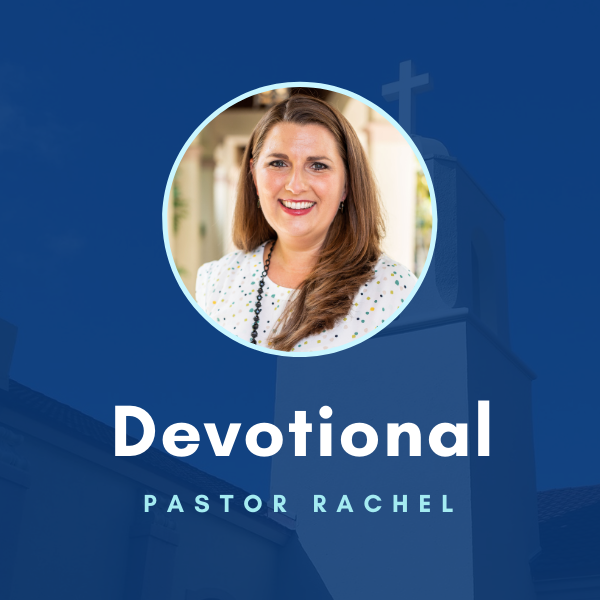As we continue our study of Nehemiah, I recall a formidable book I read early in my first years of ministry. It is called Follow, by Floyd McClung and essentially it walks us through the simple and profound call to live like Jesus.
On Sunday, Pastor David shared about the practice of Confession in his sermon and then yesterday, Pastor Philip walked us through a prayer of Communal Confession in his devotion. Tied to the practice of confession is Repentance and so I wanted to share a new perspective about what the role of repentance can look like in our lives. McClung defines Repentance like this, “a change of mind about the direction we are going, how we have been living and what we have believed about God and the world.” He goes on to explain that repentance is much more than a feeling of remorse or wishing we hadn’t done something that has backfired on us. And so we might ask the question before we confess, how do we know if we have truly repented?
Well, I think it starts by knowing the difference and there is quite a difference between Godly sorrow and worldly sorrow. Godly sorrow is REPENTANCE and Worldly sorrow is REGRET. Can you feel the difference? Repentance implies that, if we had the opportunity to commit a sin again, we would not. But regret suggests that we would do it again in such a way as to try to avoid the consequences or make sure we aren’t caught. Said another way, true repentance (which leads to confession) occurs when we begin to see sin from God’s point of view, because as we grow closer to the heart of God we begin to realize that what we do affects God deeply.
On Saturday night, after coming home from a nice time with family, Emmaline and Charlie raced each other to the bathroom (they are in the competitive stage of sibling life right now). Charlie got there first and promptly slammed the door while Emmaline put her hand out to stop him. Her pinky finger got caught in the crossfire and pinched in the door. I have never heard her scream like she did, and the look on her face will be forever seared into my “Mommy-Memory.” In that moment as she screamed and I screamed and Charlie fumbled with the door, I was terrified that her little finger was broken. I was simultaneously furious with Charlie and deeply concerned for Emmaline. I felt both love and hate in the same moment and it broke my heart. It felt like minutes passed but probably only a few seconds passed and the door was opened again. Emmaline and Ryan were nursing her finger and I was dealing with a three-year-old who now knew he was in deep, you know what…
What Charlie did next was apologize because he was in trouble, not because he had hurt his sister. In those next few moments, he was feeling worldly sorrow. Charlie knew he was in BIG trouble, had angered his parents and knew that he was in the wrong. But it wasn’t until he saw his sister’s swollen finger and her tear-streaked face that the feeling shifted for him and he realized that his actions had not only hurt his best friend but his parent’s heart. That was the moment that he switched from regret to repentance. I commented to Ryan later that night after I had calmed down that I felt like I know a little bit more about the complicated love God has for each of us. God feels anger towards one child that has hurt the other and at the same time love and concern for the one that has been hurt.
I believe a part of our confessional life is being honest about which sorrow we are really feeling. Are we able to make repentance that leads to confession a part of our lifestyle and not just something we do on a monthly basis on Sundays in worship? When repentance becomes our lifestyle, we are deciding that we are going to deal honestly with things as they come up in our lives. I invite you to reflect on this Scripture, 2 Corinthians 7:10-11.
“10 For godly grief produces a repentance that leads to salvation and brings no regret, but worldly grief produces death. 11 For see what earnestness this godly grief has produced in you, what eagerness to clear yourselves, what indignation, what alarm, what longing, what zeal, what punishment! At every point you have proved yourselves guiltless in the matter.”
And I invite you to reflect on these two questions:
- Have you ever experienced the difference between world and Godly sorrow; how have you learned the difference?
- Is there someone you need to go to in order to make things right?












